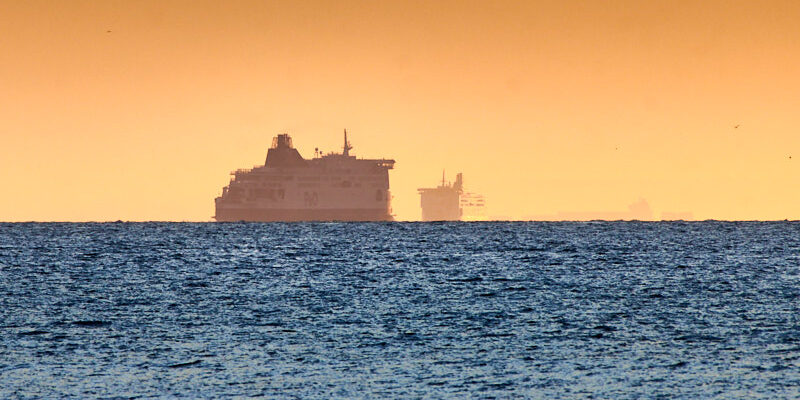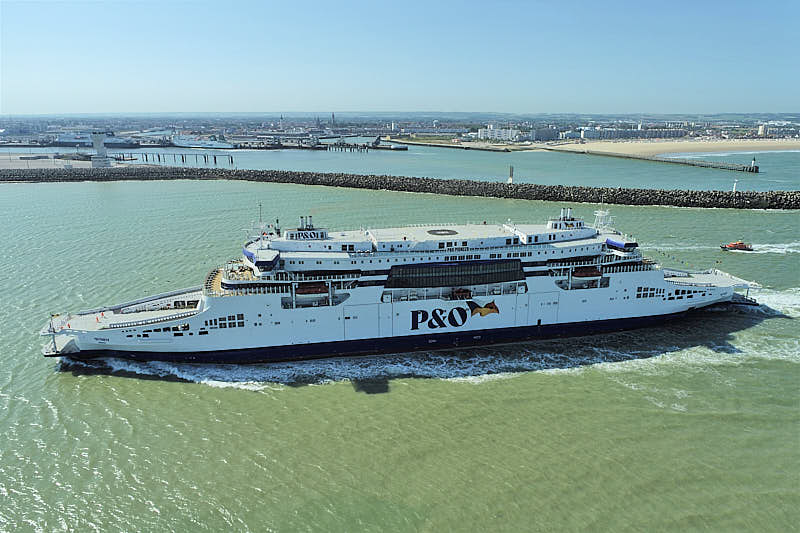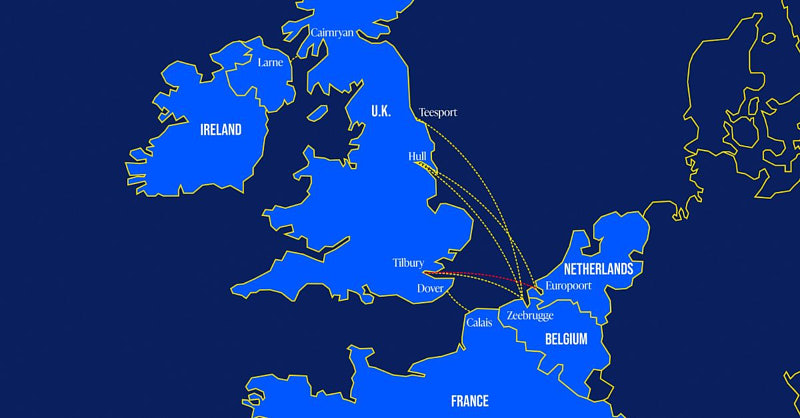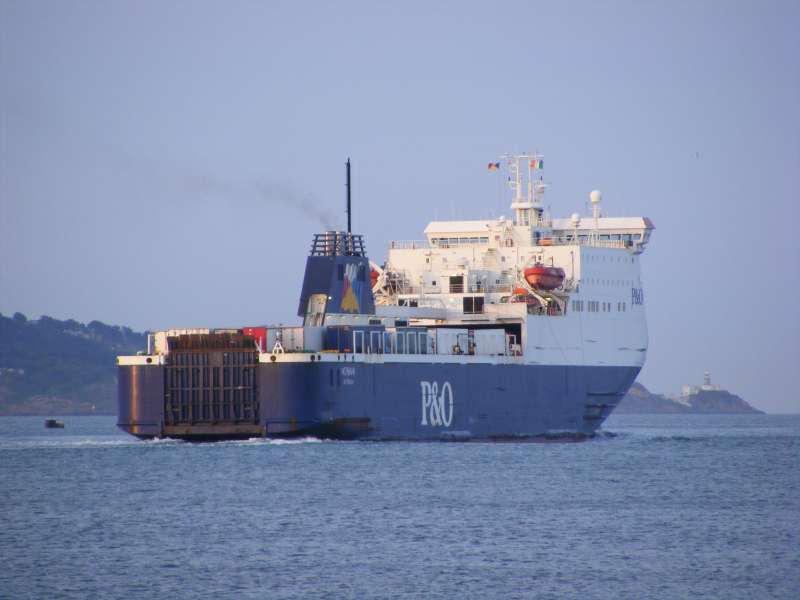President of Brittany Ferries, Jean-Marc Roué, has posted on his X-account a screenshot of a letter written by “Philcrew Management PTE Ltd” to the seafarers of the Dover-Calais ships. Philcrew is a maritime crew management company for P&O Ferries.
The subject is the new French law that obliges ferry operators between the UK and France to pay their crew at least the French minimum wage. This law applies to all ships making at least 120 calls a year in French ports. The law comes into force in June 2024.
Under the new regulation, the maximum duration of embarkation is up to 14 days. It also specifies that the duration of the consecutive rest on land will be at least equivalent to that of the embarkation.
The Philcrew letter states, “We expect that our crew scheduling model will soon be adjusted to provide for 2 weeks on and 2 weeks off to accommodate the new French law requirement.
“The upcoming changes in regulations directly affect our operations and crew arrangements, particularly impacting our crew members from Asia and those required to undertake extensive travel periods.”
Link to the relevant document about the social dumping. (in French)
Note: In July 2023, a voluntary charter for the protection of seafarers in the cross-Channel sector has been signed by DFDS, Condor Ferries, Stena Line and Brittany Ferries.















